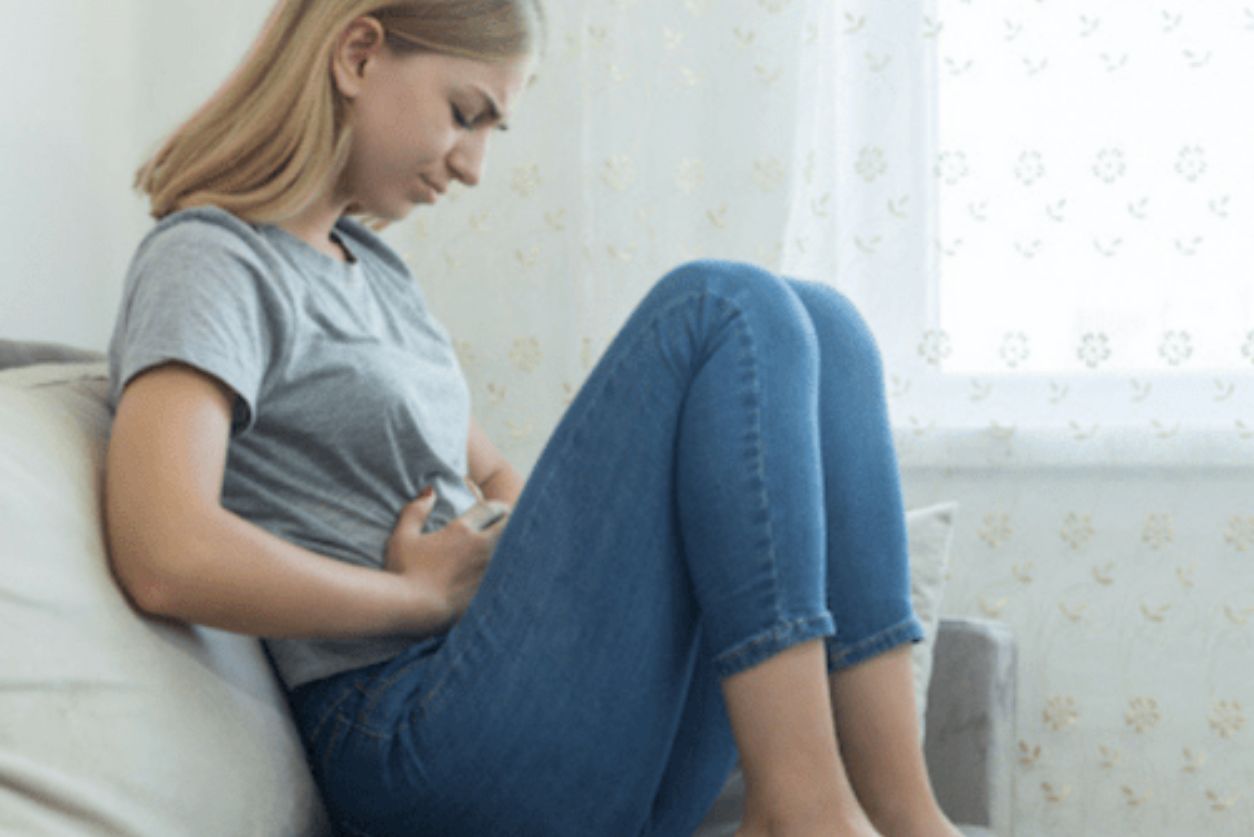
For several years it has been observed that people who undergo a cholecystectomy can develop chronic diarrhea. Cholelithiasis (gallstone formation) and cholecystitis (acute inflammation of the gallbladder) are very frequent pathologies whose treatment involves surgical resection of the gallbladder. While most people are satisfied after this intervention, some patients complain of gastrointestinal symptoms such as bloating, dyspepsia, and diarrhea; the latter is the one that most affects the quality of life of patients.
Definition
Post-cholecystectomy diarrhea is defined clinically as the presence of 3 or more liquid stools per day for more than four weeks after surgical removal of the gallbladder. Diarrhea usually appears after several weeks of cholecystectomy, very rarely it appears immediately afterward.
This clinical entity occurs in approximately 15% to 20% of patients who undergo this surgery. In addition, a higher incidence has been demonstrated in male patients under 50 years of age with a body mass index greater than 30 kg / m2.
Causes
A few years ago, ox bile was used as a laxative and, subsequently, it was shown that the bile component with laxative effect were bile salts (1).
The bile salts are secreted to the intestine to contribute to digestion, then they are reabsorbed in the terminal ileum and stored again in the gallbladder. A small portion of the secreted bile salts is not reabsorbed and is excreted in the stool.
In people who have undergone cholecystectomy, the bile salts flow continuously into the intestine and therefore a much larger amount reaches the colon, causing disorders in secretion and absorption of water and electrolytes (2).
Bacteria found in the colon metabolize bile salts producing deoxycholic acid which acts on the colonic mucosa stimulating peristalsis and the secretion of water and electrolytes.
Diagnosis
To make the diagnosis of this entity should be clearly established the history of cholecystectomy and the duration of diarrhea greater than 4 weeks. Also, other possible causes of chronic diarrhea such as tropical sprue, celiac disease, intestinal malabsorption, inflammatory bowel disease should be ruled out.
Treatment
Diet
Maintaining a low-fat diet is essential to reduce the occurrence of post-cholecystectomy diarrhea, since the abundant consumption of fats increases the secretion of bile salts into the intestine.
Bile acid sequestrants
These drugs bind to negatively charged bile acids (cholic acid and chenodeoxycholic acid) in the intestine, preventing their reabsorption and increasing their fecal elimination up to 3 times the normal value. The most commonly used bile acid sequestrants are:
Cholestyramine
The doses of cholestyramine recommended to control post-cholecystectomy diarrhea is 4 to 16 grams per day divided into 3 doses. Cholestyramine should be taken before each meal. Several studies have shown an improvement in the frequency and consistency of evacuations in more than 80% of patients who consume this drug.
Cholestyramine is a safe medication but with regular adherence since in some people it can cause gastrointestinal discomfort such as constipation, abdominal pain and nausea. It can also alter the absorption of fats, fat-soluble vitamins and minerals.
Colestipol
It has the same mechanism of action as cholestyramine and is an alternative for those patients who do not tolerate such medication, it is not absorbed in the systemic circulation therefore it does not require adjustment in renal failure or chronic liver disease.
Colesevelam
Like colestipol, this drug is used in cases of intolerance to cholestyramine. Although both have their effect and mechanism of action in the intestinal lumen, they have not been associated with significant lesions of the intestinal mucosa; To date it can be affirmed that these are safe and effective medications for the treatment of post-cholecystectomy diarrhea.
Conclusion
Chronic diarrhea is a common side effect of cholecystectomy, however, it is important to keep in mind that this is a clinical condition that can be controlled efficiently so that it does not affect the quality of life of patients. Our Team of experienced Gastroenterologists are here to help. Well trained and Board Certified, we brink knowledge and compassion to each of our patients. For more information, please contact us here!